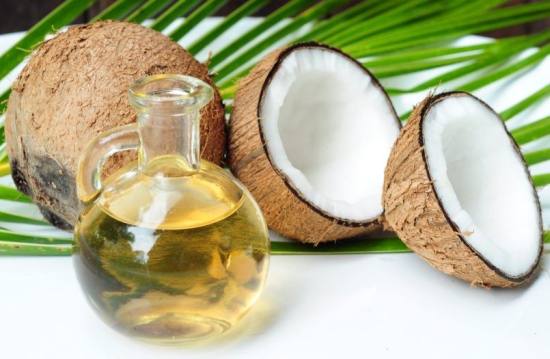I have discussed functional carbohydrates and proteins for your dog in the past couple of blogs. This week’s blog details the importance of functional fats and oils.
Low fat diets seem to be the rage for many dog owners, especially those with overweight dogs. However, unless your dog has a specific medical condition that warrants fat restriction, such as pancreatitis, you should not deny your dog this important source of nutrients.
Dietary fat supplies dogs with the most concentrated digestible form of energy, more than twice the amount of calories per gram than protein or carbs. It also provides important essential fatty acids. These fatty acids, such as omega-3’s, play a necessary role in the absorption of fat-soluble vitamins and promote nervous system health. Dogs can also consume a higher proportion of their diets as fat because they have a greater capacity to use fat as energy than humans.
Fats are broken down into two main categories. Saturated fats and unsaturated fats. Saturated fats, which are mostly found in animal foods, are solid at room temperature. Unsaturated fats, which are mostly found in plant oils, are liquid at room temperature. There are two types of unsaturated fats:
– Mono unsaturated fat like olive oil and peanut oil
– Polyunsaturated fat like sunflower oil and sesame oil. Omega-6 and omega-3 fatty acids are also forms of polyunsaturated fat.
It is recommended that you incorporate a variety of functional fats into your dog’s diet. Some include:
– Chicken fat or lamb fat (as long as your dog doesn’t have an intolerance or sensitivity)
– Fatty fish that are low in mercury and rich in omega-3 fatty acids (see the fish recommendation in our last blog)
– Novel meat sources we mentioned in our previous blog
– Oils, such as fish, borage, coconut, hemp, olive, primrose, pumpkin seed and sunflower oil
You should never feed hydrogenated oils (trans fat) to your dog. These are common in margarine and vegetable shortening.
Lastly, when purchasing oils you should look for those that are “expeller pressed” to ensure optimum purity. Expeller pressing mechanically crushes the oil from the nut or seed.
Next week we will discuss Functional Canine Superfoods! Continue to check our nutrition blogs as we will include some food plans for your dog.
Information adapted from Canine Nutrigenomics – The New Science of Feeding Your Dog for Optimum Health by W. Jean Dodds and Diana Laverdure.
